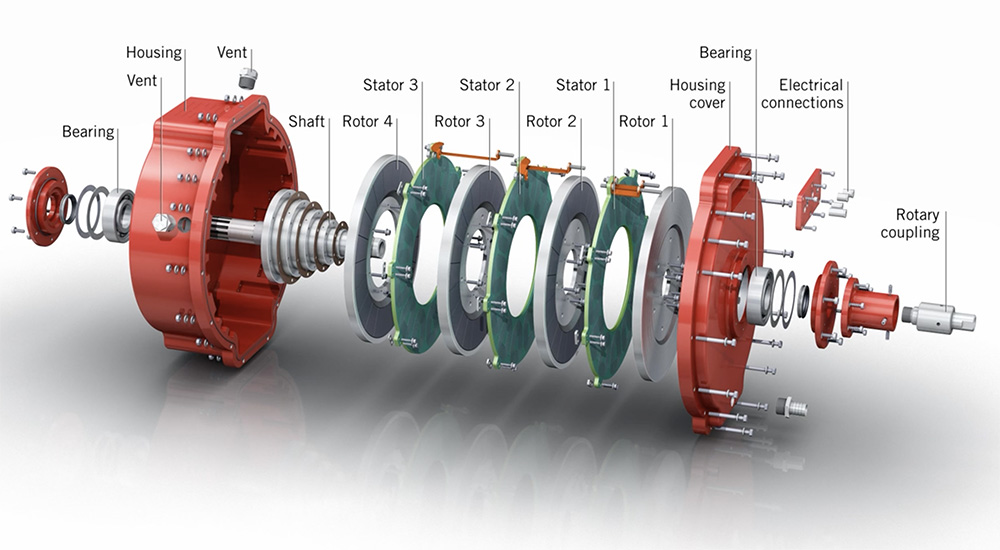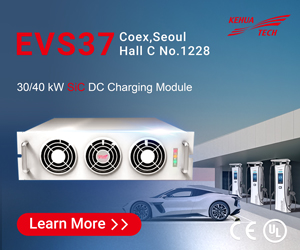Electric motor manufacturer Infinitum introduced its new electric traction and propulsion motor, Aircore Mobility, at CES 2023.
Aircore Mobility is an axial flux propulsion and traction motor designed to power a wide range of electric vehicles. It’s engineered to operate with high efficiency over a wide range of speeds and load conditions, expanding vehicle range and reducing energy loss in the process, according to Infinitum.
Infinitum’s Aircore Mobility motor replaces the heavy iron found in traditional units with a lightweight, printed circuit board (PCB) stator that’s 10% more efficient, 50% smaller and lighter, uses 66% less copper and is ten times more reliable, according to the company.
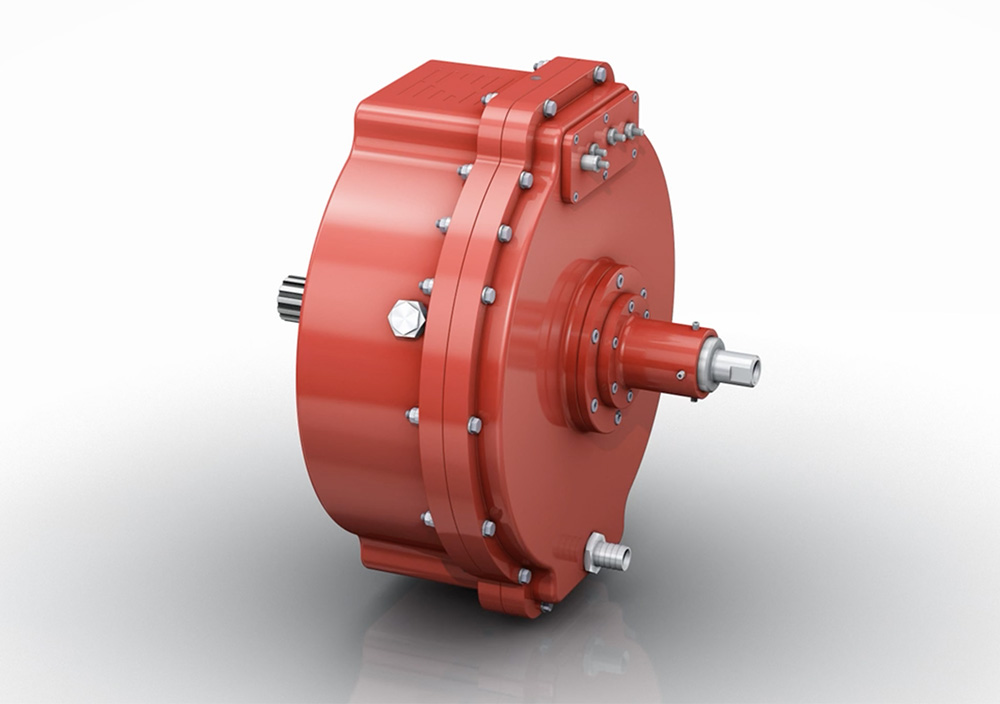

Infinitum says Aircore Mobility can achieve up to four to five times the current density of a conventional, liquid-cooled motor, using a liquid cooling technology that allows the coolant to be in direct contact with the stator, mitigating heat across a larger surface area, enabling high overload capability and extended life.
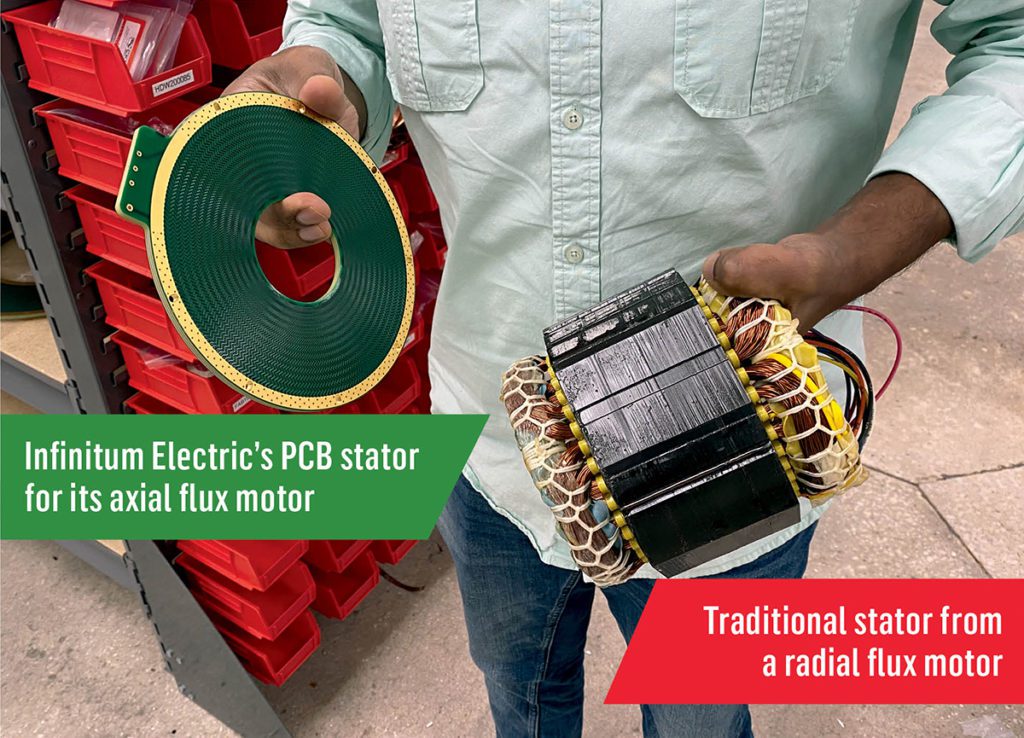

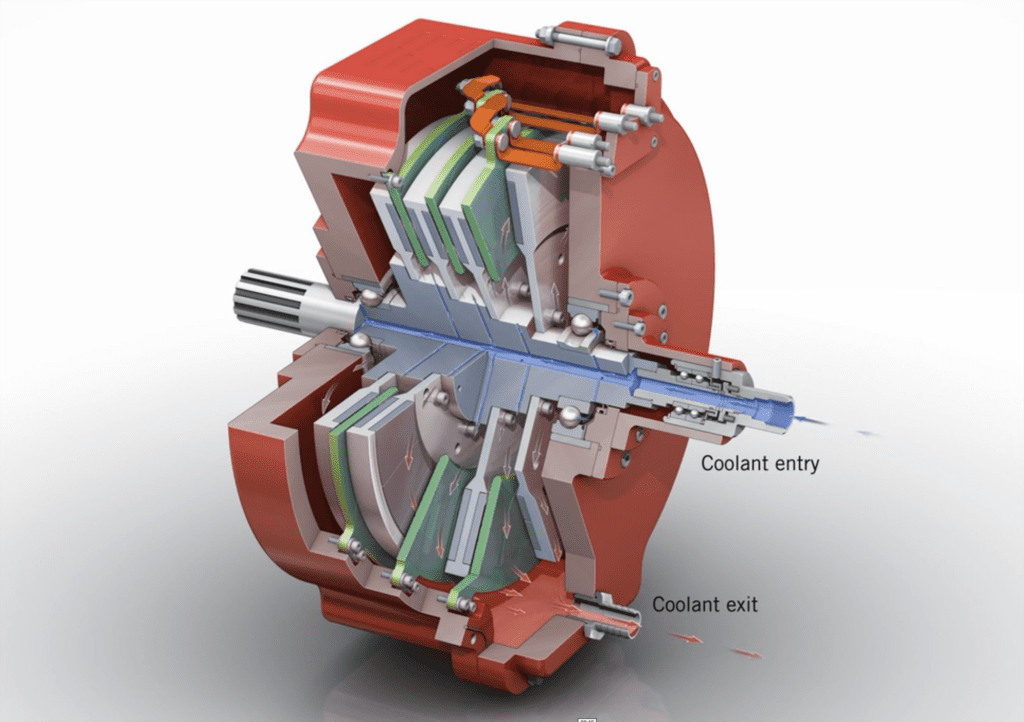

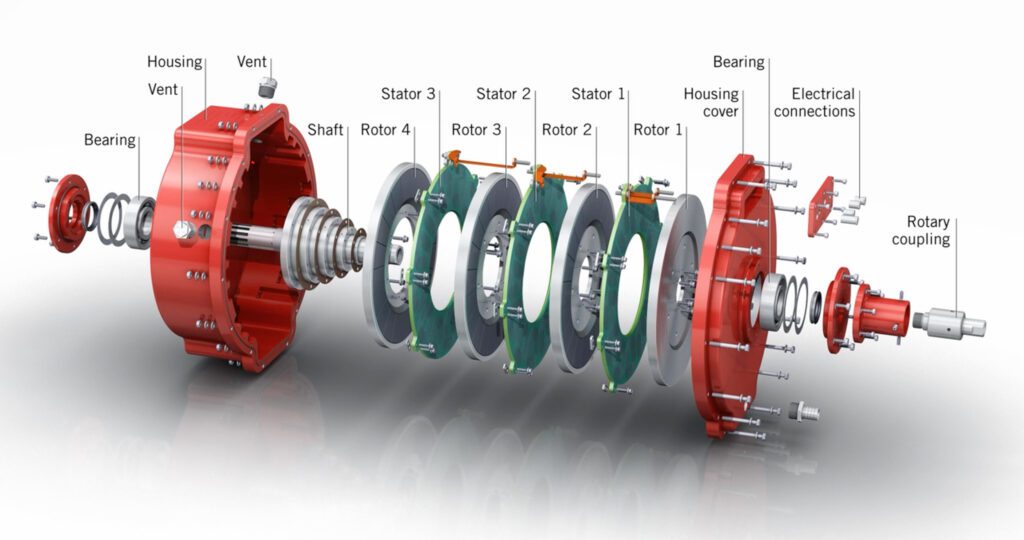

“Our aircore motor topology eliminates core losses and delivers a broader range of speeds and load conditions where the motor can operate at high-efficiency levels. The Aircore Mobility motor offers a new avenue in extending the range for Class 1-8 vehicles, aerospace, marine, construction and agricultural machines,” says Paulo Guedes-Pinto, VP of Technology for Infinitum.
MORE: Q&A with Infinitum VP of Business Development Bhavnesh Patel
VIDEO: How Infinitum prototypes and manufactures EV motors with PCB stator technology
Source: Infinitum




